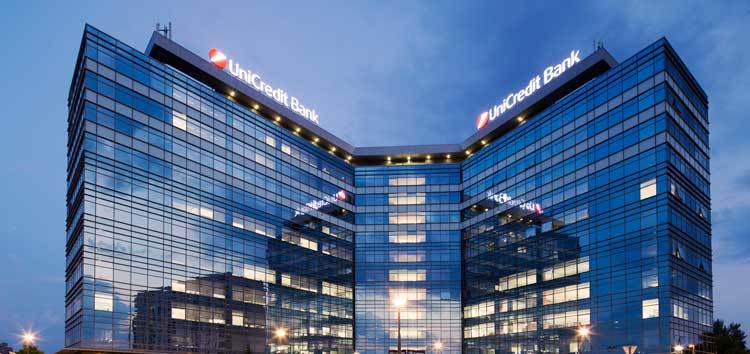
The EBRD is extending a €160m (£142.5m) financial package to UniCredit Bank Serbia to address key challenges facing the local economy.
This facility, the largest between the two banks to date, includes:
a €100 million loan for on-lending to small and medium-sized enterprises (SMEs) to improve access to finance for this vital sector of the economy and support investments to increase competitiveness in local and international markets.
a €35 million credit line in Serbian dinars, included in €100 million loan, to boost the use of local currency to reduce the possible effect of exchange rate volatility and increase funding options for small borrowers.
a €60 million mortgage loan for first-time homeowners, with 60 per cent of the total loan amount allocated for lending outside the Serbian capital, Belgrade.
Zsuzsanna Hargitai, EBRD Regional Head of the Western Balkans, said: “We are pleased to further our cooperation with our long-standing partner UniCredit Bank by offering financing in foreign and local currency to Serbian businesses and extending mortgage loans to Serbian citizens. Not only will this agreement help companies to invest and improve their competitiveness, but it will also support many people in finding a new home.”
Feza Tan, CEO of UniCredit Bank Serbia, stated: “Continuing our successful cooperation with the EBRD, we are pleased that, once again, as a responsible financial institution and a reliable partner in Serbia, we are extending our support for the development of the Serbian economy and citizens. Recognising the importance of the SME sector, a key engine of economic growth and job creation, we are striving to find ways to offer products and services that can help them improve and expand their businesses.”
UniCredit Bank Serbia is a long-standing partner of the EBRD. It is one of the leading universal banks in Serbia, with 72 branches, 1,280 employees and over 400,000 customers.
The EBRD is a leading institutional investor in Serbia. The Bank has invested more than €5 billion across 250 projects in the country to date. The EBRD is supporting private-sector development and the transition towards a green economy, as well as investing in infrastructure to boost connectivity in the Western Balkans region.






